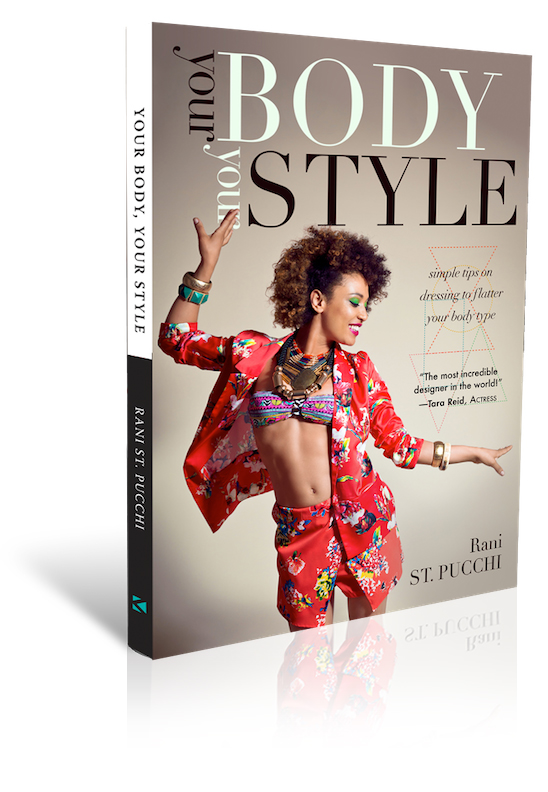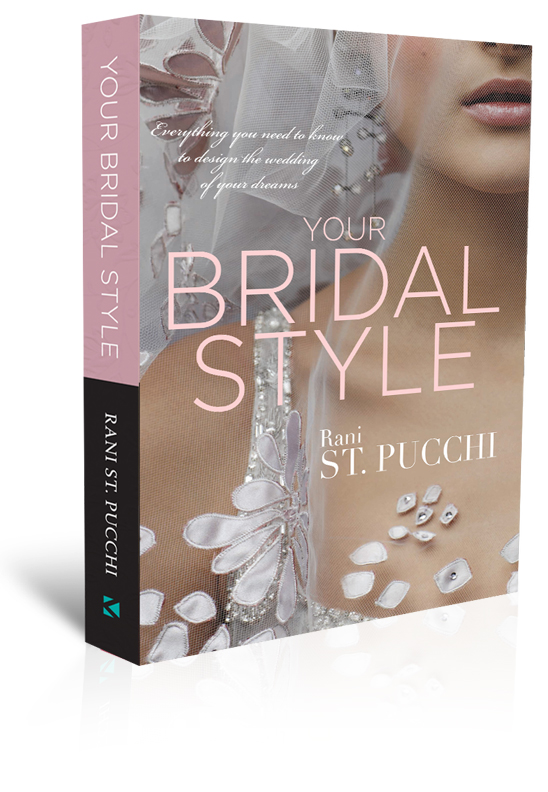My journey as a designer and my involvement in the fashion industry has taught me many things. Most importantly it has taught me that there are agreed-upon concepts of beauty that stem from social norms and are reinforced by media imagery.
You can look at the models on the runways and acknowledge that they’re hired specifically for their height, weight, and shape to showcase clothes most cannot afford anyway, and that no one you know would ever expect you to look similarly.
If you, as a person, look drastically different from the version of “beautiful” that is shoved at you by those media, you may never believe that who you are is also beautiful. You may never accept that beauty is a spectrum, not a trait.
The same goes for concepts of what is “stylish.” There’s a huge, powerful marketing machine working to convince you that you need to buy and wear certain items from certain brands in order to be relevant. If you look drastically different from their current version of “stylish” that is shoved at you, you may never believe that who you are is also stylish.
We are communal creatures, and we are influenced by what we see.
The media can be an instrument of change. It has the power to awaken people and change minds. But it seems only driven by the bottom line. To the advertising industry it’s all a numbers game.
As much as I want designers to include body diversity in their runway shows, as much as I want companies to know that advertisements showing older women and petite women and curvy women DO motivate me to purchase products, I may not see these things happen in my lifetime.
Many other things bother me.
Earlier this year I went to a stand-up comedy and a character just reeled off fat jokes. It was clearly just filler. Mean-spirited filler.
Now believe me when I say that I appreciate the importance of being able to laugh at one’s self and the value of satire. I understand the significance of policing language and jokes to the point where no one feels comfortable saying anything remotely controversial.
This comedian, though? He really didn’t need to go there. He could have rolled along just as entertainingly without a literal break in the action created specifically to make fun of fat people. This was so low. It was not satire and it was not clever. It was base, schoolyard humor. And I saw how it made many in the audience extremely uncomfortable.
Why are people who understand the importance of treating most people with respect and sensitivity completely comfortable being cruel to overweight people? Humor fueled by cruel intentions — toward any person or group — is unnecessary.
As you might have guessed, I don’t have a solution for this or any of the above situations, per se. So I must start with my internal monologue because I’d prefer to feel serene and fulfilled instead of frustrated and impotent while I’m here on earth.
I can look at ads that tell me my eyelashes aren’t long enough, my butt isn’t firm enough, my cellulite needs attention, my wrinkles age me, and acknowledge that those messages are manufactured to get me to spend, spend, spend on products that will never actually “solve” these “problems.”
Imagine if we obsessed about the things we loved about ourselves? How beautiful this world would be.
I wasted much of my life looking for validation outside me: in my work, in my relationships, in acquisitions. It was exhausting. And finally, one day an accident woke me up, and I got it. It was time to shift gears. So I wrote my books: Your Body, Your Style and The SoulMate Checklist in the hope that I could help women love and accept their body and by doing so be in better relationships. And I gave my TEDx talk on this subject: Is Your Body Image Holding You Back?
Maybe I could gradually affect certain minor behaviors, but I could not fundamentally alter anyone. Not directly through confrontation, indirectly through example, or passively through patience.
For my part I have to change myself to react differently to people and behaviors that hurt me, and stop expecting those people and behaviors to change. And I am trying to apply that same philosophy to my struggles with body image.
I can look at websites that trash-talk women for gaining weight or dressing badly or shirking makeup and acknowledge that bullies often use shaming language to secure power, but bullies are the most miserable, frightened, unhappy people in this wide, diverse world of ours.
Similarly you can use your internal filter and personal judgment to redirect the self-loathing, negative comparisons, unhealthy pressure, and demeaning messages that batter you from outside sources. You don’t have to believe them. And when you step back and consider the facts surrounding and motivations behind those messages, you can discard them more easily. Those messages shouldn’t be broadcast in the first place, of course. But since they are — for the time being anyway — your best defense is to take control of what you allow yourself to accept as truth. And the truth is: Your body is wonderful. It is a miracle. Any other message is a lie.
And while you struggle to sort out what you believe inherently and what you believe due to external repetition, understand that making those distinctions is key to changing how you feel about your body.
I’m working on it.
Are you?
© Rani St. Pucchi, 2017
Rani St. Pucchi is an award-winning Couture Fashion Designer, a Style & Image Consultant, and a Relationship Expert. She is a Bestselling Author, a Speaker, an Inspirational Coach and a Trainer. Her #1 International Bestselling Books, Your Body, Your Style: Simple Tips on Dressing to Flatter Your Body Type and The SoulMate Checklist : Keys to Finding Your Perfect Partner are now available on Amazon and at Barnes & Nobles.
For more information on Rani please visit www.ranistpucchi.com

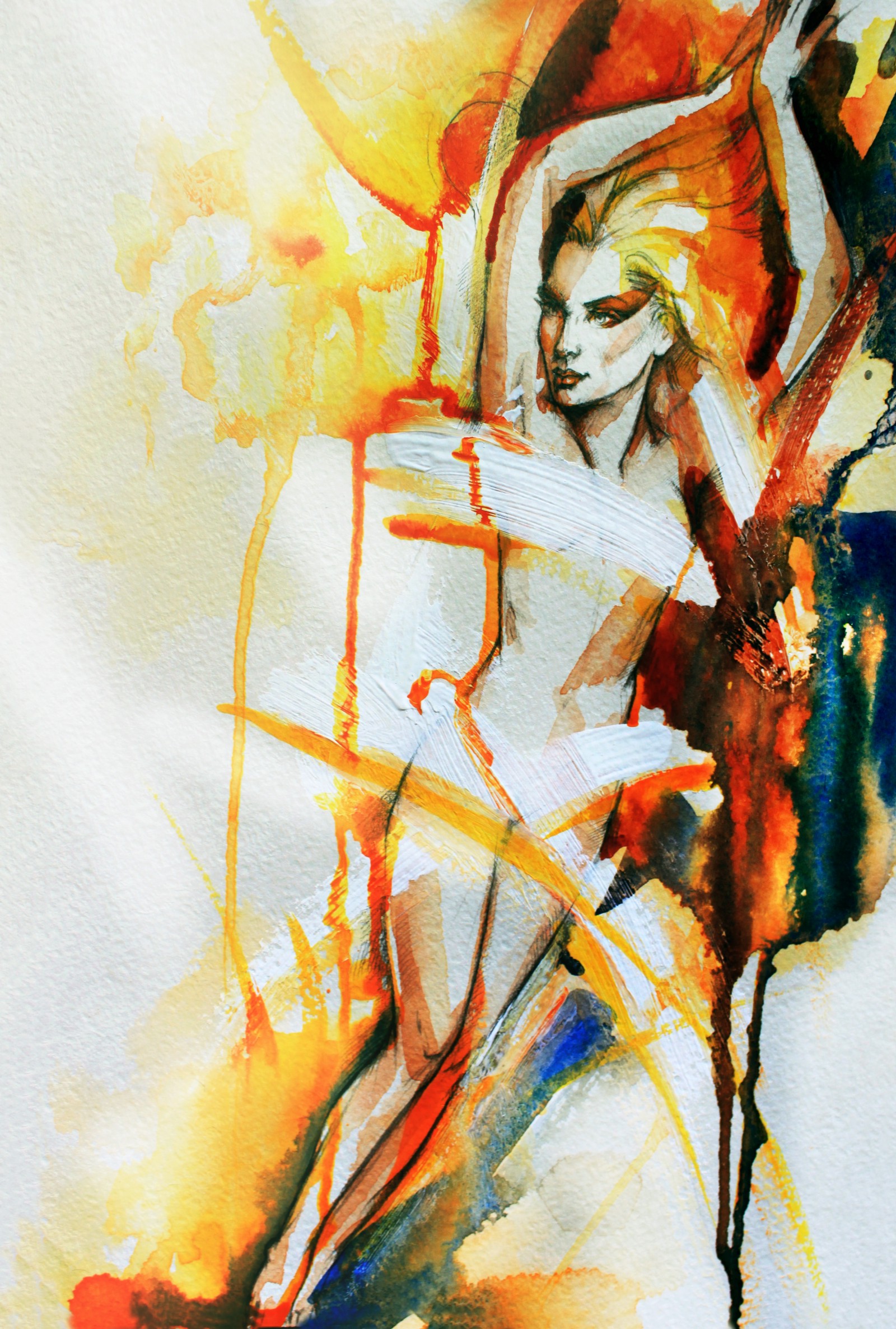
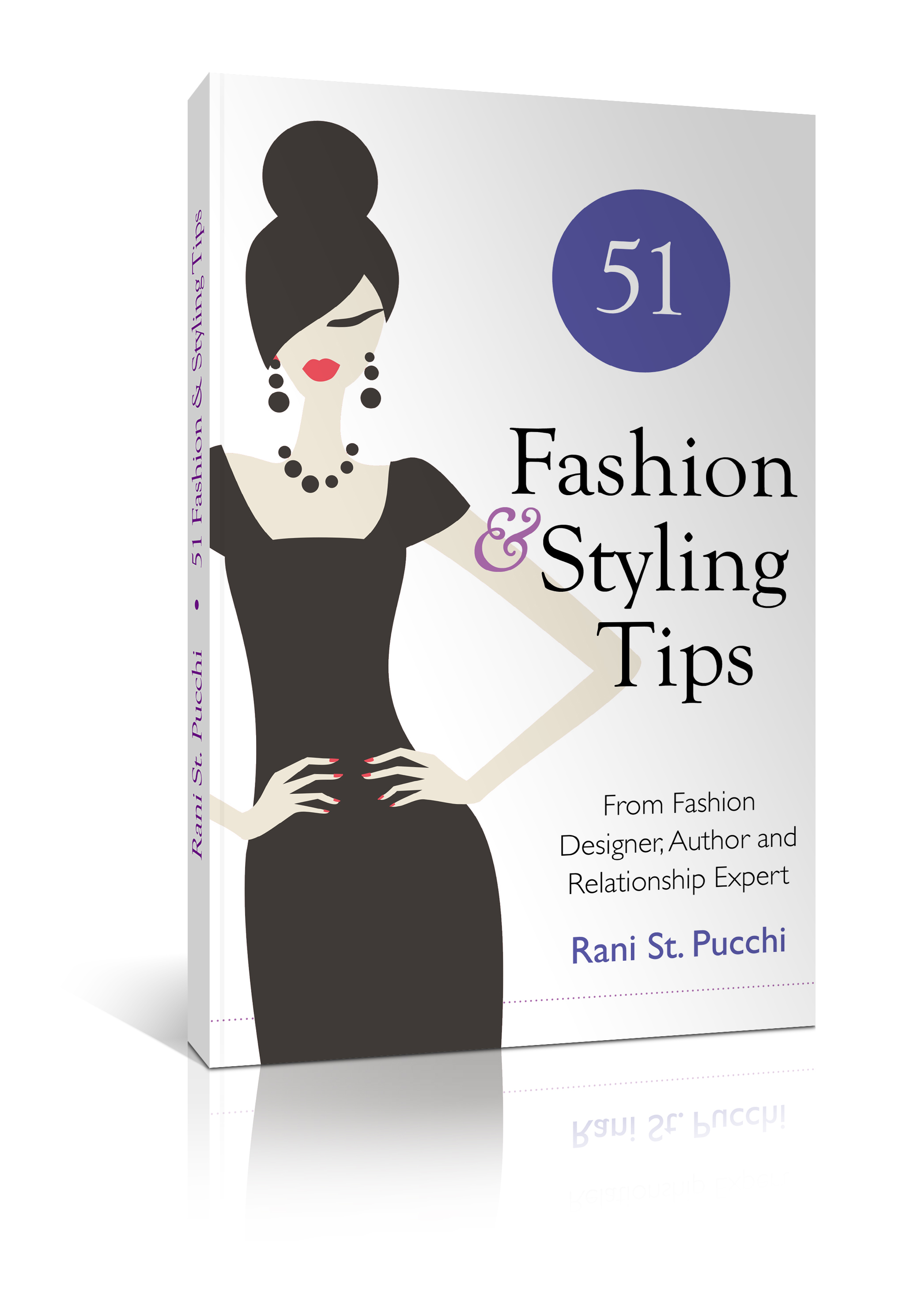
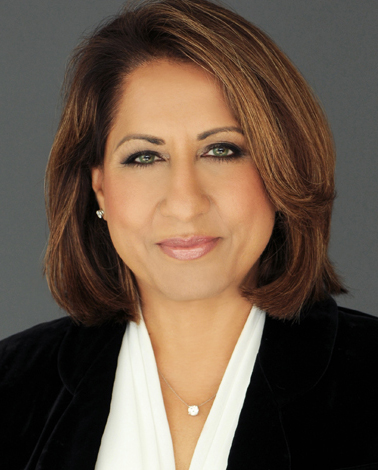 Rani St. Pucchi is an inspirational speaker, empowerment coach, bestselling author, image consultant, and founder and designer of St. Pucchi, the internationally acclaimed bridal fashion house. She draws on her more than 30 years in the fashion industry to help women abandon debilitating self-doubt, and become the designers of their own lives. Rani empowers thousands of women across the world with her message of body-positivity and self-love.
Rani St. Pucchi is an inspirational speaker, empowerment coach, bestselling author, image consultant, and founder and designer of St. Pucchi, the internationally acclaimed bridal fashion house. She draws on her more than 30 years in the fashion industry to help women abandon debilitating self-doubt, and become the designers of their own lives. Rani empowers thousands of women across the world with her message of body-positivity and self-love. 
